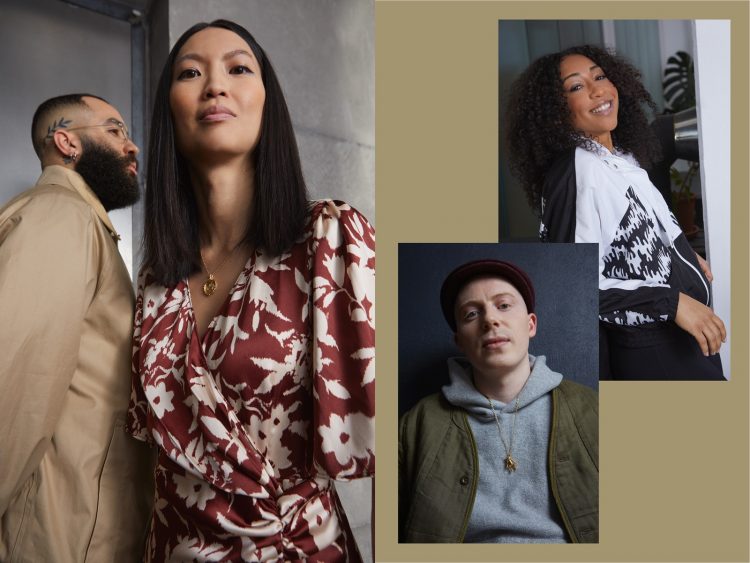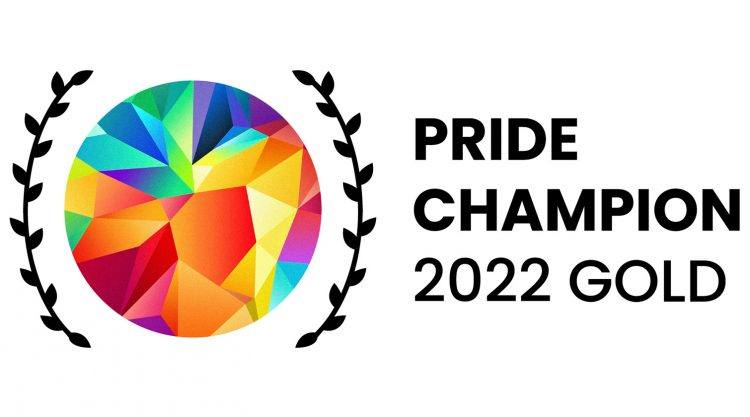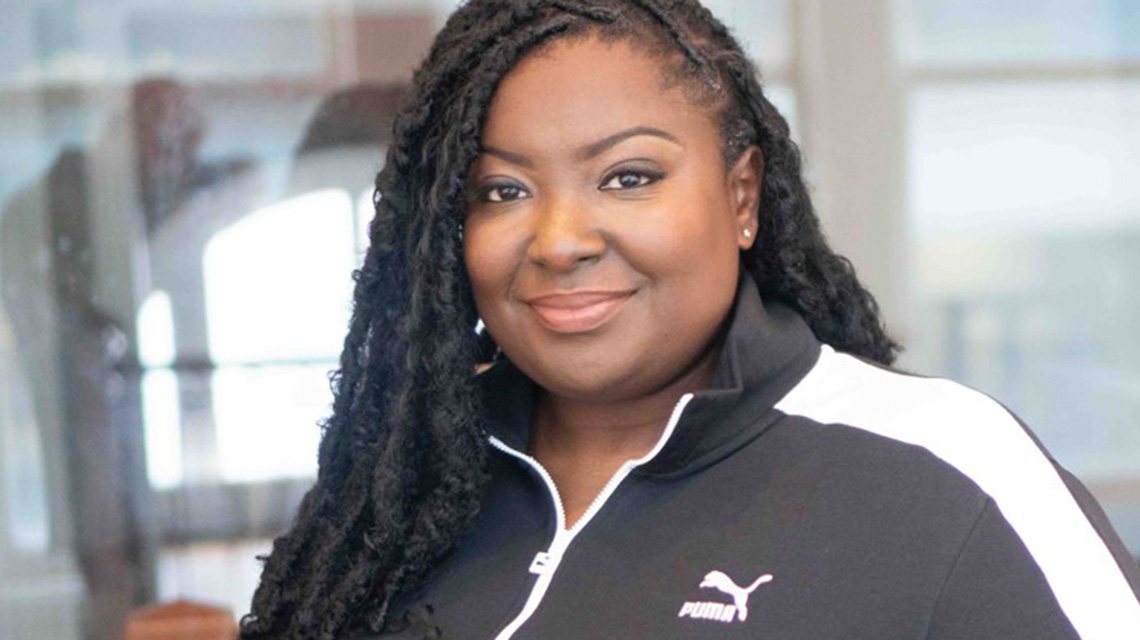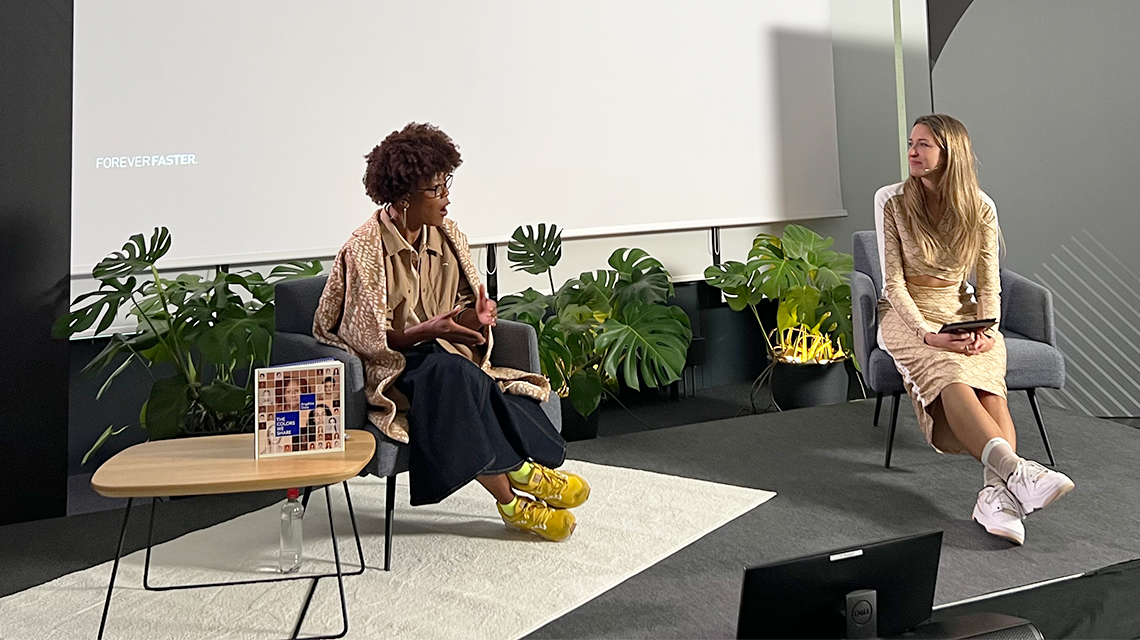
PRIDE Index Gold
PUMA is awarded the PRIDE Index Seal in Gold by the UHLALA Group
December 16, 2022PUMA is awarded the PRIDE Index Seal in Gold by the UHLALA Group
December 16, 2022When we talk about Pride and LGBTQIA+ diversity management, it should be about everyone coming together and really supporting each other. With our employer value BE YOU, we want you to know to please not bring an office persona to work – Be who you are! In order to critically examine ourselves as a company and our measures, we decided to participate in the PRIDE Index 2022 this year. And good news: we made it into the Top20 right away.
To understand more about the criteria and learn where we need to improve, we spoke with Franziska Kaiser, Consultant & Project Lead PRIDE Index. Read the interview and learn more!
Hi Franziska, can you tell us: Who is behind PRIDE index and since when do you publish it?
Franziska: We are the UHLALA Group, a social business from Berlin. Our focus is LGBTIQ+ diversity management. That means we offer very different formats, events, workshops to support companies to establish LGBTQ+ inclusive structures on their premises. We also offer a queer career fair, the Sticks and Stones.
The Pride Index in this form is now in its second year. Before that, we had a predecessor project that only targeted DAX 30 companies. This year, for the first time, we have opened up the ranking so that all companies that are interested can participate.
How many companies participated this year and filled out your questionnaire?
Franziska: We have about 80 companies spread across the four questionnaires. Most of the participating companies are large corporations.
How extensive is the questionnaire? Can you give 1-2 example questions?
Franziska: I´d say, it is very extensive. It includes 75 questions. The questionnaire is divided into four categories. The first category is organizational structure. This is mainly about whether a company has set a strategy for LGBTIQ+ diversity management, whether there are concrete goals and whether they work with KPIs.
It also includes the topic of employee networks. So, is there an employee resource group aimed at queer employees and how is it equipped? Can the employees who are active there count working hours? Do they have their own budget to deal with?
The second block of topics is the whole issue of human resources. For example, how are the job descriptions formulated? How inclusive are documents and application forms?
The third category is about communication and visibility. How is the internal communication set up and what information can I find? What is available on the intranet? Are there contact persons? In marketing, do we pay attention to the imagery we use? How do we deal with offensive comments on social media? Is the company present at events, perhaps participates in PRIDE Weeks?
The fourth chapter deals with frameworks and regulations, i.e., everything that concerns protection against discrimination. For example, does the Code of Conduct clearly state that the company is taking a stand and that employees are protected? Are there points of contact in the event of discrimination? Do people know who they can turn to if something does happen? Are sanctions specified?
Really very all-encompassing…
Franziska: Yes. Of course, we try to offer a relatively comprehensive audit and cover everything that is available. At least on this structural level, I think we are very comprehensive, even compared to other seals.
What is your main goal?
Franziska: We want to achieve that we can give companies a few more ideas. What else is there to do? Companies should not just be able to buy a seal. They have to demonstrate a certain level of commitment.
How’s is PUMA’s performance in the PRIDE Index?
Franziska: PUMA got over 80% of the points and thus achieved our gold target. That is already a very, very good result. To put it in perspective, we only had one company this year that achieved the 100%. PUMA made it into the top 20.
We are very pleased about that. But the result also reveals where we need to improve further. Where are the general pain points from your experience?
Franziska: It’s striking, for example, that most companies do significantly better on communication than on HR topics. This raises the suspicion that it is more about presentation and communication, especially to the outside world. That’s why we say, please make sure that the balance is as even as possible and that at least the same amount is communicated internally as externally. And then the topic of gender diversity comes to mind.
What are companies doing for transgender, intersex, and non-binary individuals? For example, can people indicate their pronouns in internal documents, email signatures, and communication systems? These are often fields where much can still be done.
What do you wish for the future?
Franziska: My wish for the distant future is that we no longer need something like a Pride Index, because everyone can be themselves in the workplace.
But I think we are still a long way from that. So, for the near future, I hope that we will manage to reach more companies, create more awareness and more understanding for each other and for different realities of life and perspectives. When it comes to the topic of diversity, one notices time and again that there are points that are discussed very, very emotionally and heatedly.
Thank you so much for sharing the insights, Franziska!






